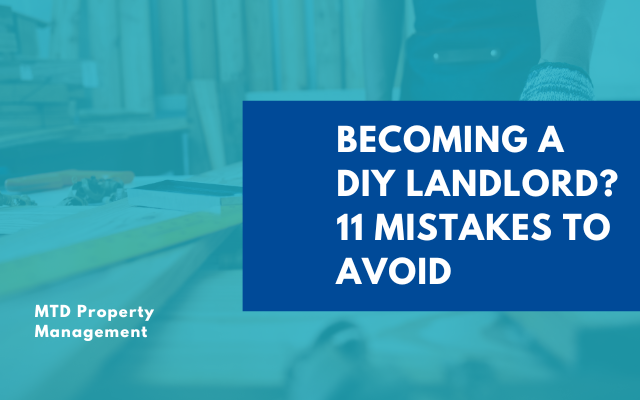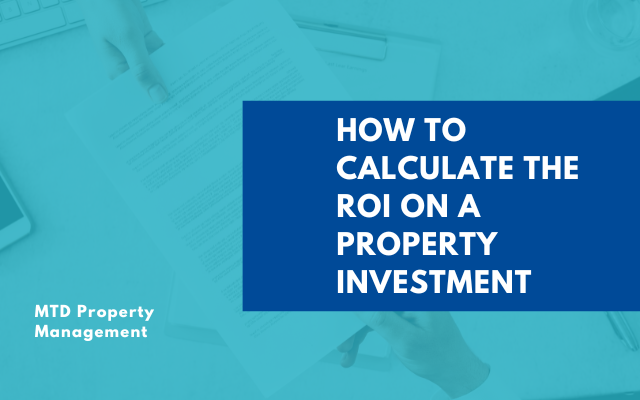
As you get more immersed in real estate, you will encounter repetitive property terms and one of which is appreciation.
Defined simply, appreciation is the increase of a property’s value over time. Learning how real estate appreciation plays a role in getting back your ROI is something you need to understand before investing in a property. Keep reading to learn more!
What is Real Estate Appreciation?
The price you paid for a property today will not be the same 10 years from now. You can expect the property price to increase as the years pass. Although prices can fluctuate over the short term, property appreciation tends to rise over the long term.
When the economy is not doing well, you may take a hit with the decrease in the value of your property. However, the asset will revert back in value when the economy bounces back. Market conditions are changeable.
There are two categories of appreciation:
- Organic appreciation: Labeled as natural, organic appreciation will be reliant on supply, demand, and inflation. When the demand is more than the supply, the property value will grow as opposed to the supply outrunning the demand, which leads to a decrease in property value.
- Forced appreciation: For investors who purchased distressed properties, can set forced appreciation by renovating the unit. When the property is upgraded, its value will grow.

Key Factors Impacting Real Estate Appreciation
Real estate appreciation can be affected by several factors, such as the following:
Demand in Housing
The increased housing demand can lead to a housing price increase while the decreased demand can also lower housing prices.
With plenty of buyers seeking property deals, the market becomes competitive and sellers will set higher prices. When this occurs, it is described as a seller’s market.
On the opposite spectrum, less housing demand will equate to buyers seeking discounts and reduced prices. This condition is described as a buyer’s market.
Rate of Interest
Mortgage interest rates are also tied up with the housing value. With higher interest rates, more people will find it tough to buy real estate, whereas lower interest rates can make it easy to get a mortgage loan approval, which results in higher property demand.
Local Market
Real estate appreciation can also vary based on your neighborhood. Some affluent areas and those that have strategic locations, which are near schools, shops, and business districts can have rapid appreciation compared to areas outside the city or other neighborhoods.
Property Improvements
Although one may automatically conclude that upgrading your property can increase its value, this is only half-true. First, you must figure out what essential renovations you must add.

Sourcing information from professional appraisers and real estate agents can provide you with ideas to elevate your property and find more potential tenants if you convert your unit into a rental.
It is best to learn what type of property renovations can be more impactful to residents. Consulting with real estate experts will help you focus on your renovation projects.
How to Determine Property Appreciation?
One of the best ways to measure the appreciation of your property is by paying a professional appraisal. They can inform you of the best renovation ideas that will increase your property investment’s value.
You can also research property appreciation in your neighborhood by checking out real estate sites to compare the recent selling prices of properties.
Average Property Appreciation Rates
As time passes, your property’s appreciation can rise. In the second quarter of 2014, the national average house price used to be $340,600. After a decade, in quarter two of 2024, the prices reached $501,700.
World events can also affect the movement of appreciation rates. During the pandemic, a lot of people preferred to stay at home, which increased the demand for housing. However, interest rates and inflation have since declined resulting in the slowdown of the property appreciation rates.

How Real Estate Appreciation Benefits Investors
Being a real estate investor will require having a more in-depth understanding of real estate appreciation since this will impact your ability to finance investment properties.
Here are some of the benefits you will get from property appreciation:
- Gain higher passive income: The more the value of your property rises, the more opportunity you can take to bump the rental price higher, which results in higher earnings monthly. When your real estate is located in a desirable neighborhood, you have an even better chance of capitalizing on this advantage and increasing your monthly income.
- Access higher capital gains: With high property appreciation, more profits can be unlocked when you put up your real estate for sale. Regardless of the high initial investment for your property purchase, you can still profit from a substantial ROI when you decide to sell your property.
- Get greater liquidity through HELOCS: To liquidate some of your property’s value, you can apply for a Home Equity Line Of Credit (HELOC). If your property’s value is high, then you can get approved quickly. Lenders will opt to have property equity to reduce the risk, so the higher the value of your property, the more chances you have of borrowing.
Bottom Line
Before deciding to invest in a property, it is advisable to learn about real estate appreciation to safeguard your investments over the long term.
You will want to find out what factors will push the value of your property higher and what types of renovations you can conduct to be successful in the forced appreciation of your investment.
With superior property appreciation rates, you stand to earn better profits. If you decide to enhance distressed properties then sell them in the future or transform them into a rental unit, earning a steady income is easily within reach.
If you seek a dedicated expert and reliable property management support, contact us at MTD Property Management today!









